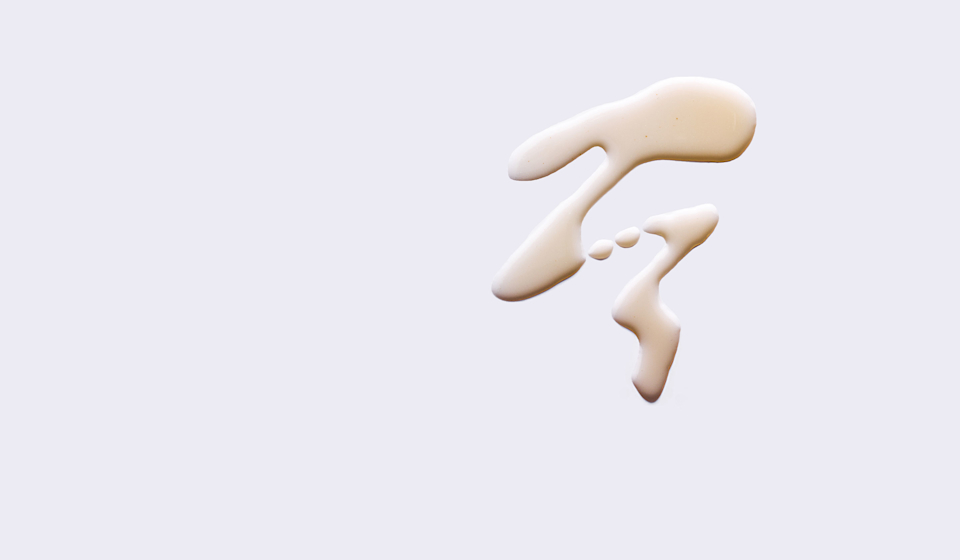

5 min read
Meet The GHT Companies, our Vitamin D3 Producer
There were a few reasons behind this. First, we’ve taken a lot of care to make a product that could be used by vegans and vegetarians. Because B12 comes from meat, fish, and dairy, research shows that (unsurprisingly) vegans and vegetarians can have a hard time getting adequate vitamin B12. Some foods (breakfast cereals) have added B12 (fortified), but not everyone eats these foods. So from that perspective alone, it seemed like we’d be missing the point to leave it out.*
Vitamin B12 helps support brain health and energy-yielding metabolism. Vitamin B12 also contributes to red blood cell formation.*
The most common form of B12 is cyanocobalamin. It’s been around the longest, but might not be the most efficient form for the body. Luckily, there’s another form out there. It’s called methylcobalamin, and it is identical to what’s in our foods and our cells. If cyanocobalamin is a nut with a shell, methylcobalamin is the nut that’s shelled and ready for use.*
I like nature-identical forms of vitamins and minerals because that’s what the body sees in the diet. The beauty of synthesis is that it’s an incredibly clean process compared to trying to extract B12 from beef liver (a rich food source). You just take simple molecules and control organic chemistry reactions. You’re left with just the pure compound. In that way, the synthesized version is worry-free and more cost-effective.*
Our product is made in India, under very well-regulated conditions. Then, we take it to the US and blend it with what’s called a carrier. Why? When pure, very little B12 is needed in the product (like a drop of red food color in a public swimming pool). To make sure B12 is the same dose in each capsule, it needs to be evenly distributed throughout the product, and adding the carrier allows the amount to be mixed evenly when the product is being made. When you have such tiny amounts as you see in vitamins, uniformity is critical.*